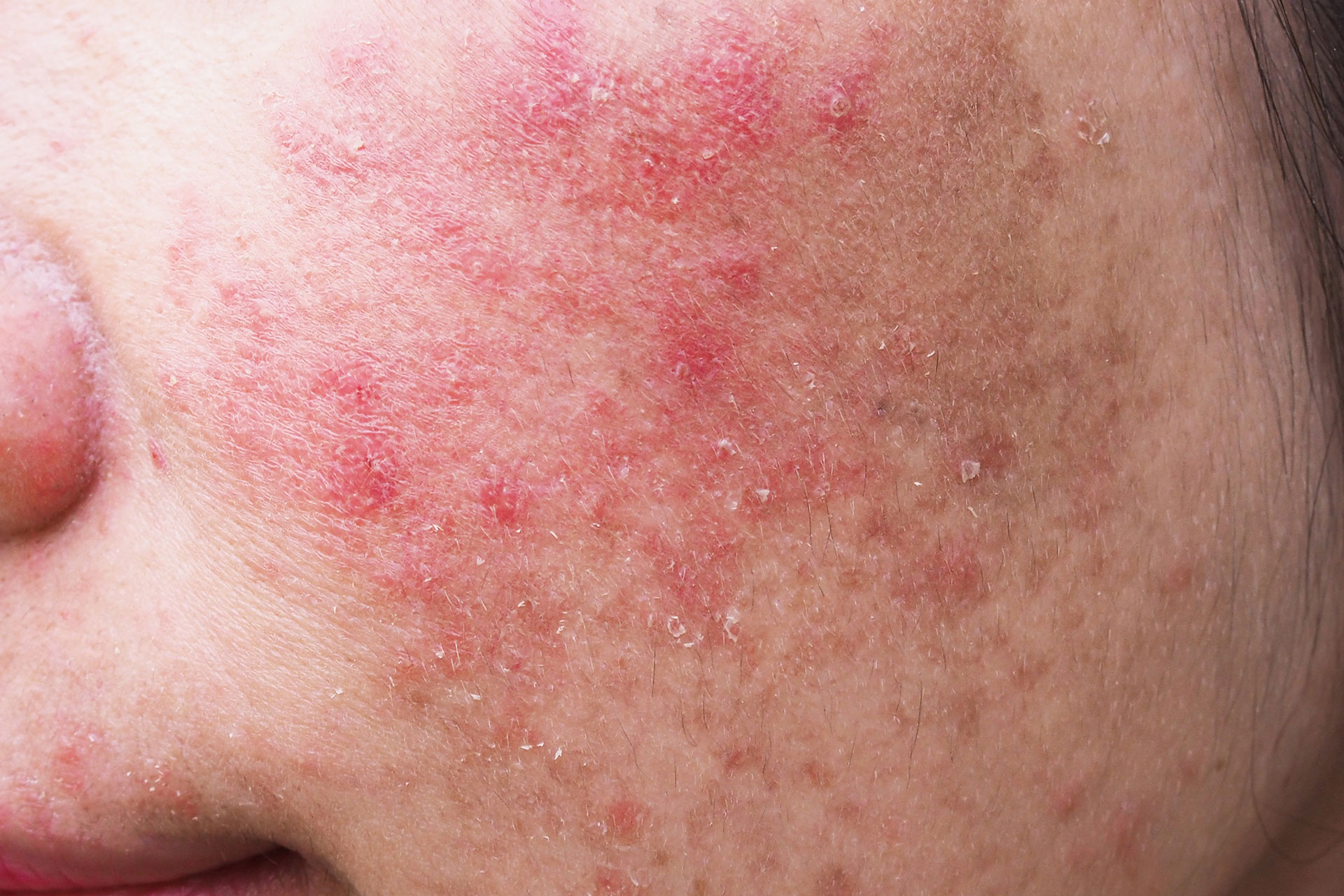May is widely known for its blooming flowers and warmer weather, but it is also a perfect time to raise awareness about lupus, a chronic autoimmune disease affecting millions worldwide. So, let’s explore the significance of Lupus Awareness Month and shed light on the disease, its causes, symptoms, treatments, and outcomes. By spotlighting lupus, this observance aims to reduce the stigma and misinformation surrounding the disease while also advocating for the needs of those affected.
Understanding Lupus
Systemic Lupus Erythematosus (SLE), commonly known as lupus, is a disease in which the body’s organs and tissues are attacked by their own immune system; that’s why it is called an autoimmune disease. These attacks can result in inflammation and damage to various systems, including the skin, joints, kidneys, heart, lungs, brain, and blood cells. The exact causes of lupus are still unknown, but it is believed to involve a mix of environmental, genetic, and hormonal factors.
Lupus symptoms may vary from person to person and may come and go over time. Early detection and diagnosis are crucial for better management and outcomes. Some early signs of lupus include:
If you notice any of these symptoms, it is vital to speak with your doctor. Though there is not a singular test that can diagnose lupus, proactive measures are in order, as it can sometimes take years to get to a proper diagnosis.
Since lupus is a chronic disease that has no cure, managing it involves a combination of medication, regular monitoring by healthcare professionals, and lifestyle changes. Treatment aims to control symptoms, prevent flare-ups, and minimize organ damage.

Dealing with a Chronic Disease as a Community
Before 2009, Lupus Awareness Month was observed initially as National Lupus Awareness Week in September but was moved to October. Later, due to the efforts of the Lupus Foundation of America, it was officially shifted to May and has been observed throughout this month since then.
Lupus Awareness Month was established to educate the public about this often misunderstood and underdiagnosed disease. The observance aims to promote education, support those living with lupus, and advocate for research funding to find better treatments and, ultimately, a cure. This month also serves as a platform to dispel myths and misconceptions surrounding lupus and elevate the conversations regarding more efficient early detection and diagnosis.
Observing Lupus Awareness Month
There are various ways to observe Lupus Awareness Month and show support for those affected by the disease:

Home Care for Lupus Patients
Registered nurses (RNs) and Licensed Vocational Nurses (LVNs) are essential in providing comprehensive care for lupus patients, especially in the home care setting. They can help patients and caregivers with many tasks, such as:
- 1
Medication Management – Nurses can educate patients about their medications, ensure they understand proper dosages and schedules, and monitor for any adverse reactions.
- 2
Symptom Monitoring – Regular assessments by a nurse can help monitor lupus symptoms, detect any changes or flare-ups early, and intervene promptly.
- 3
Education and Support – Nurses can provide valuable education and emotional support to both patients and their families, helping them better understand and cope with the challenges of living with lupus. These challenges include controlling symptoms, preventing lupus flares, and dealing with lupus, which can significantly impact the daily lives and emotional well-being of patients and their families.
- 4
Coordination of Care – RNs and LVNs can collaborate with their doctors and other healthcare professionals involved in the patient’s care, such as physical therapists and social workers, to ensure a holistic approach to management.
Lupus Awareness Month in May provides an opportunity to raise awareness, show support, and advocate for those living with lupus. By understanding the disease, its symptoms, and its impact, and by supporting ongoing research efforts, we can work toward improving the quality of life for lupus patients and ultimately finding a cure. Let’s join hands in spreading awareness and encouraging a supportive community for all those affected by lupus.
Call Signature 24/7 at 800-277-8291 for excellence in skilled and compassionate home health care.

Your Complete Home Health Care Solution!
ALWAYS ON CALL
| Monday – Sunday | 24 / 7 |
1 (800) 277-8291 (option 1)
COUNTIES SERVED
OUR VALUES
TESTIMONIALS

I love all of my home health people.

All Signature staff as well as therapy were very helpful.

Their services have always been great.

I really love my physical therapist. Gary has helped me so much.

This has been one of the best agencies. Very caring nurses.

I’ve had a really good physical therapist and really nice nurses.

I have had excellent care & would recommended them to anyone.

Gary Dixon is the very best physical therapist in Baytown and Houston Area.

